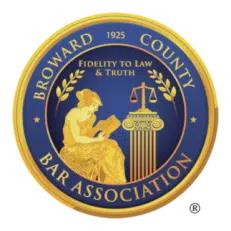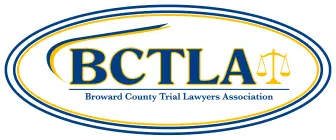 When you are involved in a car accident, you may need to file a lawsuit to determine liability and recover damages. One aspect of this legal process is the use of car accident interrogatories.
When you are involved in a car accident, you may need to file a lawsuit to determine liability and recover damages. One aspect of this legal process is the use of car accident interrogatories.
Answering interrogatories can be overwhelming, especially if you don’t know what is required of you at first. Worse than that, your answers can be used against you later in the court proceeding if they’re in any way inaccurate, especially with respect your past medical history and legal claims history, including past workers’ comp claims, auto accidents, and the like.
During your case, Eltringham Law Group’s Florida car accident lawyers will represent you during the question-and-answer process to ensure that no critical mistakes are made. Contact us today and let our experienced attorneys evaluate your car accident case.
What are Car Accident Interrogatories?
Car accident interrogatories are written questions that help gather information about the accident. The purpose of these interrogatories is to help each party involved in the accident build their case before trial.
In Boca Raton and Fort Lauderdale, the defense/insurance company is initially allowed to ask you up to just 30 interrogatory questions. However, they can ask more questions if the court approves. There may also be additional supplemental interrogatory questions sent to you later on in the legal process.
Who are Car Accident Interrogatories Provided To?
Car accident interrogatories are also provided to the other party in the lawsuit. For example, if you were injured in a car accident and you were suing the other driver for damages, your attorney would send interrogatories to the other driver’s attorney.
The other driver’s attorney can also send interrogatories to you. Each party has a limited amount of time to answer the interrogatories. Failure to answer them truthfully and to the best of their knowledge can result in sanctions from the court.
Examples of Material Covered by Car Accident Interrogatories
Car accident interrogatories cover a wide range of topics related to the accident. This includes the events leading up to the accident, the damages suffered by the parties involved, and any witnesses to the accident.
Here are some examples of the material that may be covered:
Personal and family history
You’ll answer questions regarding your name, date of birth, family history, financial history, and current financial state.
Employment history
You’ll give details about your current employment situation as well as your employment history. The other party may ask about your current wages and any lost wages if you were unable to work after the accident.
Medical treatment and history
If you sustained injuries, you’ll need to answer questions concerning your medical treatment. This includes medical assessments, surgeries, ongoing treatment, rehabilitation, therapy, medication, etc. The other party may also ask about your medical background, including physical and mental health treatment history.
Details about the accident
You’ll be asked to give a recollection of what happened on the day of the accident. You’ll need to state the accident’s date, time, and location. You may be asked to describe the events leading up to the accident, including the weather conditions, traffic patterns, and road conditions.
If asked, provide any witness statements or witness contact information that you have. You may need to write about any injuries and damages that occurred during the accident. The interrogatories may ask questions like: “Do you remember any person getting injured? What vehicle and property damages do you recall?”
Your state at the time of the accident
The other party will want to know your state during the accident. These questions are usually asked to identify the person liable for the accident. You will need to answer these questions very carefully. You may be asked questions such as:
- What was your driving speed?
- How long were you driving before the accident happened?
- Had you taken a rest break before the accident?
- What was your emotional condition at the time?
- Were you under the influence of any medication during the accident?
- Can you describe your activities 24 hours before the accident?
Need Help Answering Interrogatories? Contact Our Car Accident Attorneys in Florida
If you have been involved in a car accident and need legal representation, Eltringham Law Group can help. Our experienced attorneys in Florida can help you navigate the legal process, including helping you answer interrogatory questions with more clarity and less stress.
As your representatives, we will use every option at our disposal to seek a positive outcome for you. We have helped individuals like you in similar situations. Request our comprehensive legal representation today.
FAQs About Car Accident Interrogatories
Do I have to answer car accident interrogatories?
Yes, if you are involved in a car accident lawsuit, you are required to answer interrogatories truthfully and to the best of your knowledge.
Can I object to answering certain car accident interrogatories?
Yes, you can object to answering certain interrogatories if you believe that they are irrelevant or if answering them would violate your privacy rights. Note that you will need to give a reason for objecting to answering the question.
How long do I have to answer car accident interrogatories?
The deadline for answering interrogatories is typically 30 days from the date they are served. However, this deadline may vary depending on the jurisdiction and the court rules.
Do interrogatories need to be answered under oath?
Each interrogatory must be answered under oath unless it is objected to. To object, you must give the grounds for the objection.
Last updated Wednesday, May 22nd, 2024

 When you are involved in a car accident, you may need to file a lawsuit to determine liability and recover damages. One aspect of this legal process is the use of car accident interrogatories.
When you are involved in a car accident, you may need to file a lawsuit to determine liability and recover damages. One aspect of this legal process is the use of car accident interrogatories.




